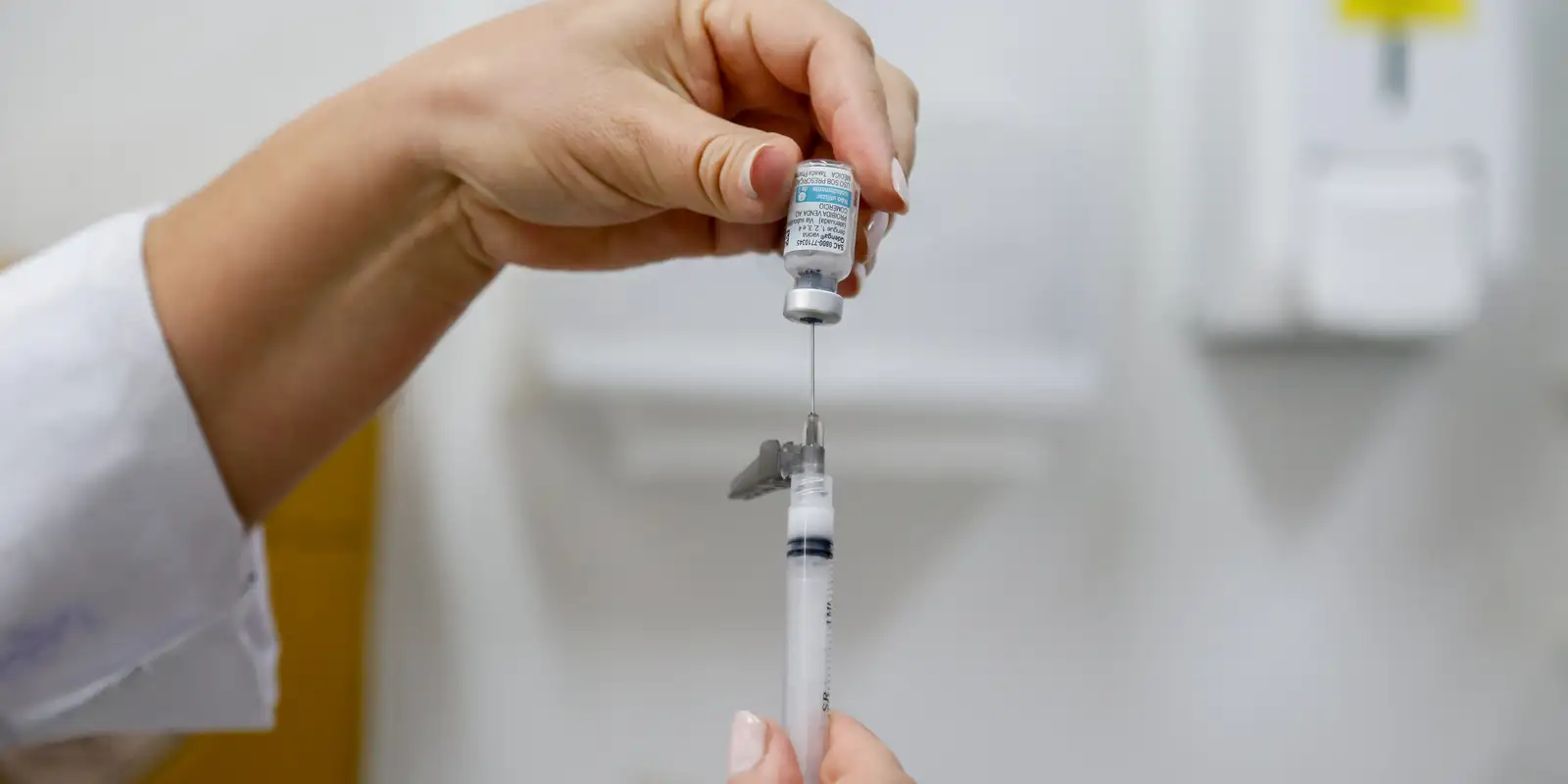The Oswaldo Cruz Foundation (Fiocruz) formalized a request to the Ministry of Health to develop the Qdenga vaccine, from the Japanese manufacturer Takeda, in Brazil through a technology transfer agreement.
The vaccine was approved by the National Health Surveillance Agency (Anvisa) in March 2023. The process allows the marketing of the vaccine in Brazil as long as the approved conditions are maintained. In December of last year, the ministry announced the incorporation of the vaccine into the Unified Health System (SUS).
According to the Ministry of Health, four million doses of the vaccine have already been purchased this year from the Japanese laboratory. By 2025, there is a contract for the distribution of nine million doses.
The vaccine began to be administered in the public health network in February of this year. Due to the limited number of doses that the manufacturer itself can supply, immunization was only carried out in children and adolescents between 10 and 14 years old, the age group with the highest number of hospitalizations after the elderly. People over 60 years of age are not indicated to receive the dose due to a lack of clinical studies.
The World Health Organization (WHO) defines Qdenga as a live attenuated vaccine that contains weakened versions of the four serotypes of the virus that causes dengue. The organization recommends that the dose be administered to children and adolescents between 6 and 16 years old in places with high dengue transmission. Qdenga must be administered in two doses with an interval of three months between them, the vaccination schedule currently adopted in Brazil.
The arbovirus monitoring panel records 6,547,438 probable cases of dengue in the country, with 5,613 confirmed deaths and 1,499 deaths under investigation in 2024.
In addition to Qdenga, the Butantan Institute is also developing a dengue vaccine. It is estimated that the registration application will be submitted to Anvisa this year.


